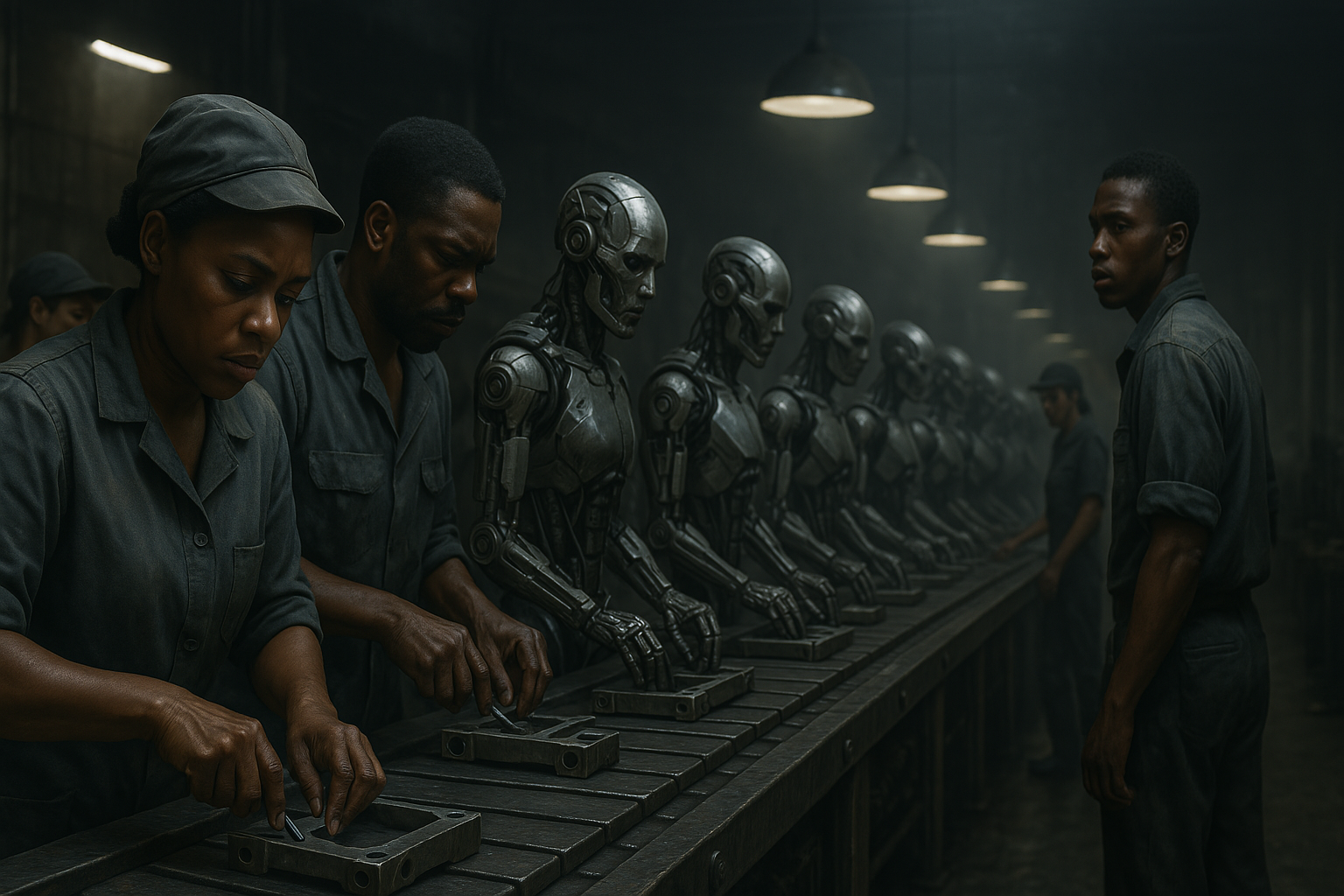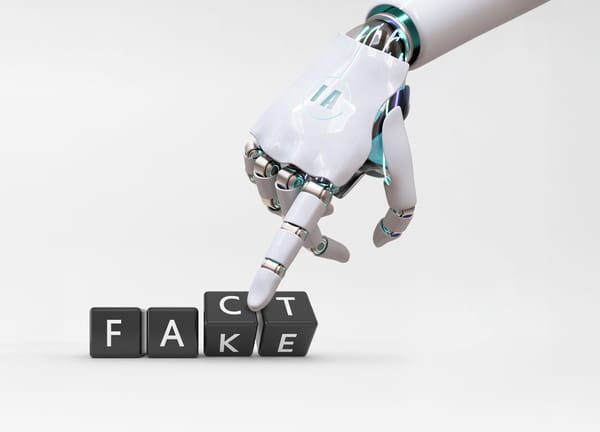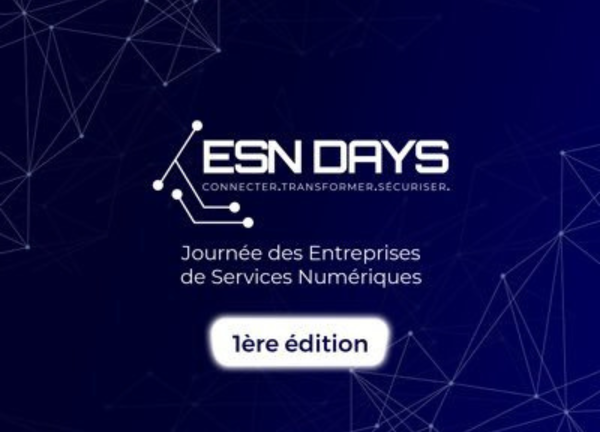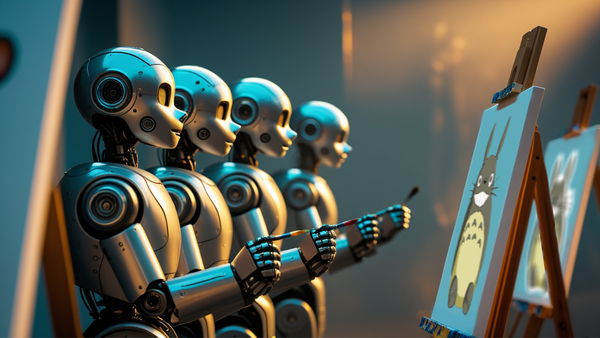Artificial intelligence (AI) quickly transforms the world of work. If it opens up new perspectives, it also raises concerns about the future of many jobs. In Africa, where the labor market is already confronted with major challenges, this technological revolution poses a crucial question: how to avoid being replaced by AI?
These jobs that AI will replace
The AI gradually redefines the dynamics of the labor market in Africa, jeopardizing several professions. According to a study by McKinsey , more than 50 % of human jobs could be automated in Kenya and Morocco. In Egypt, Nigeria and South Africa, this figure oscillates between 41 % and 48.7 %.
Among the most exposed sectors:
- Call centers and customer service : chatbots are increasingly replacing telecourse, limiting the need for human intervention.
- Accounting and administrative management : software now automates data entry, invoicing and financial management
- Journalism and content writing : tools like Chatgpt can generate articles in a few seconds, impacting basic content editors
- Translation : AI like Deeppl or Google Translate offer ever more precise translations, jeopardizing the profession of translator.
- Trade and distribution : automatic funds and mobile payments gradually make certain cashiers jobs obsolete.
- Digital marketing : platforms automatically optimize advertising campaigns, reducing the role of online advertising managers.
Faced with this quick transformation, adapting is the only option. Workers must acquire new skills and learn to collaborate with AI, rather than being victims.
The skills that will ensure you a future with AI
If AI excels in the execution of repetitive tasks and data analysis, it remains limited in several areas where human intelligence remains essential:
Creativity and innovation : an AI can write a text or generate an image, but it has neither imagination nor artistic sensitivity. Design a striking advertising campaign, an inspiring film or a strong brand will remain the prerogative of humans.
Empathy and emotional intelligence : a chatbot can answer questions, but he does not really understand human emotions. The professions involving human support, as a psychologist, teacher or social worker, require an emotional connection that AI cannot reproduce.
Critical spirit and resolution of complex problems : AI works by imitation and analysis of existing models. It cannot question information, make strategic decisions about unpublished situations or truly innovate.
Collaboration with AI : the professionals of tomorrow will not be those who fight AI, but those who will be able to exploit it intelligently. Those who will master these tools to optimize their work and refine their decision -making will be the most sought after on the market.
Train so as not to be exceeded
In a perpetual change environment, continuing education is essential. Today, mastering artificial intelligence is no longer a luxury, but a necessity. As Moussa Minta, an expert in digital transformation: points out:
«It is not the AI that will replace you, but someone who will be able to exploit it better.»
Rather than fear AI, you have to learn to use it: Chatgpt for writing, Midjourney for graphic creation, or no-code platforms to automate certain tasks and gain productivity. Specializing in promising areas also offers new opportunities.
In Africa, the demand for technological skills explodes, in particular in data analysis, cybersecurity, web and mobile development, digital marketing. Accessible training is increasing. Platforms like Racera, Udemy, OpenClassrooms or Local Initiatives offer courses adapted to market needs. In addition, several African universities are developing specialized programs to prepare young people for tomorrow's professions.
Artificial intelligence will not replace everyone, but it will leave behind those who refuse to adapt. Rather than fear it, it is time to make it an ally. Training, developing complementary skills and learning to collaborate with these technologies is the key to staying competitive.
Article written by Abdoussala Dicko









